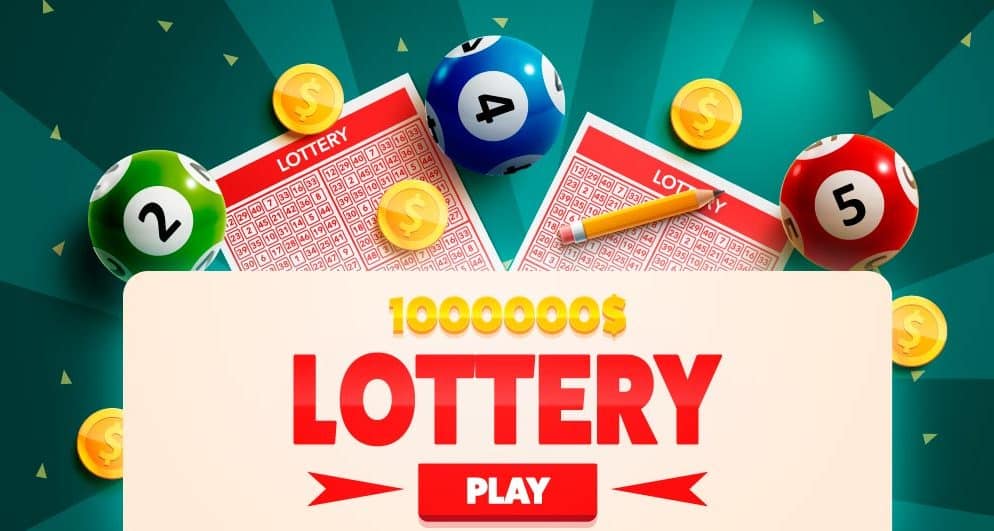
Unraveling the Fascination: The Lottery Game Phenomenon
In the realm of chance and aspiration, few phenomena evoke as much intrigue and excitement as the lottery game. From the fervent anticipation of the draw to the euphoria of a winning ticket, the lottery has woven itself into the fabric of cultures worldwide, captivating millions with its promise of sudden fortune messipoker. But beyond the allure of jackpots and dreams fulfilled, what is it about the lottery that continues to captivate the human imagination?
The lottery, in its essence, is a testament to the age-old allure of luck and possibility. It embodies the universal human desire for a change in fortune, offering a tantalizing glimpse into a world where financial worries dissolve in an instant. For many, the purchase of a lottery ticket is not merely a transaction but a symbolic gesture of hope—a small investment in the prospect of a brighter tomorrow.
Yet, the lottery is not merely a game of chance; it is a cultural phenomenon that transcends borders and generations. Its roots can be traced back thousands of years, with early forms of lotteries emerging in ancient civilizations such as China and Rome. Throughout history, lotteries have served various purposes, from funding public projects to financing wars, highlighting their multifaceted role in society.
In the modern era, lotteries have evolved into a global industry, generating billions in revenue each year. From the iconic Powerball in the United States to the EuroMillions in Europe, there is no shortage of opportunities for aspiring millionaires to try their luck. The proliferation of online lottery platforms has further democratized access, allowing players to participate from the comfort of their homes.
Yet, despite its widespread popularity, the lottery remains a subject of debate and controversy. Critics argue that it preys on the vulnerable, enticing individuals with false promises of wealth while exploiting their economic hardships. Moreover, concerns about the potential for addiction and irresponsible gambling behavior have prompted calls for stricter regulations and consumer protections.
Nevertheless, proponents of the lottery contend that it serves as a vital source of revenue for governments, funding essential programs in areas such as education, healthcare, and infrastructure. They argue that responsible participation in the lottery can be a form of entertainment and social engagement, bringing communities together in the pursuit of a common goal.
Beyond its practical implications, the lottery holds a symbolic significance in the collective imagination. It represents the triumph of hope over despair, reminding us that even in the face of overwhelming odds, miracles can happen. The stories of lottery winners—from rags to riches tales to acts of philanthropy—further reinforce the notion that luck can be a transformative force in our lives.
Ultimately, the allure of the lottery lies not only in its potential rewards but also in the shared experience it creates. Whether gathered around a television screen awaiting the draw or engaging in lively discussions about lucky numbers and superstitions, the lottery fosters a sense of camaraderie and excitement that transcends individual outcomes.
In a world characterized by uncertainty and volatility, the lottery offers a glimmer of optimism—a beacon of hope amidst the chaos. It reminds us that amid life’s trials and tribulations, there is always the possibility of a brighter tomorrow, waiting to be discovered in the turn of a numbered ball or the scratch of a ticket.